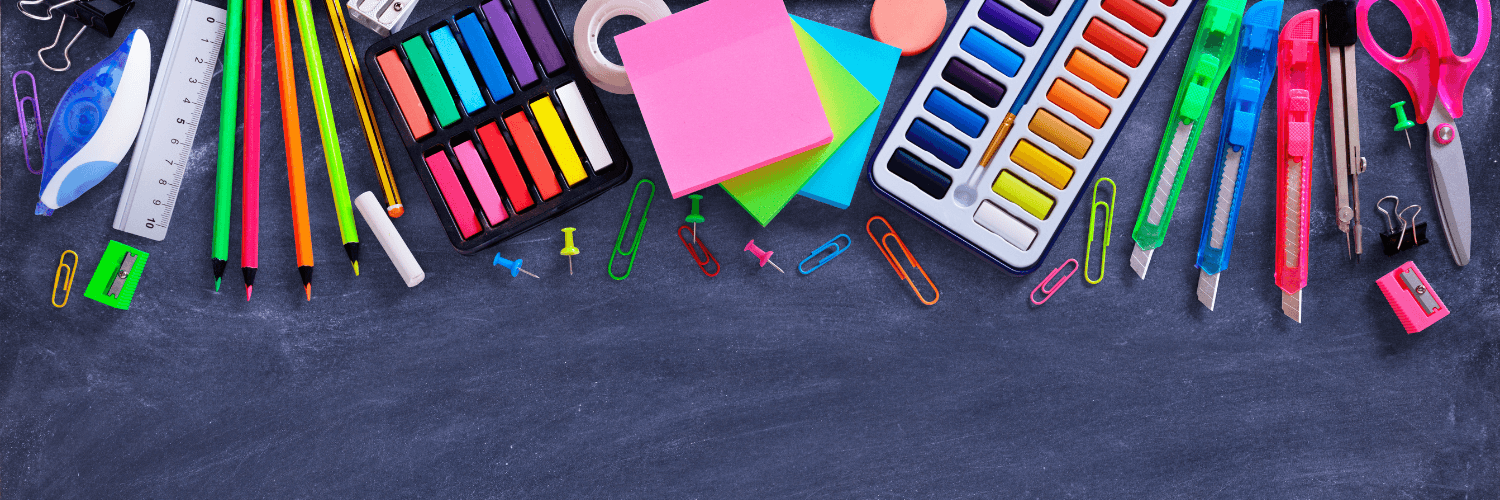Ready, Set, Go! Practical Steps to Form YOUR Family Resource Center
- Develop Relationships: Building trust and establishing strong relationships with the staff at the district level and at the school campus is central to starting to design the unique family resource center your community needs.
- Create a Unified Vision and Operations: Work together with district and school staff to outline and agree on the vision, goals and objectives.
- Form YOUR FRC Team: Depending on the needs in your community, the staff positions you need to create and fill may vary. To launch the John Reed Elementary FRC, CPI recruited and hired a full-time FRC manager and three Community Health Workers.
-
Convene and Engage Community Prevention Partners: Assemble community partners to leverage and expand the capacity of prevention partners and family strengthening organizations to support the safety and well-being of children per identified needs. Quarterly collaborative meetings are set with school staff and community partners around a well-being agenda and are working together to leverage additional services as identified.
Sample Partner MOUs (downloadable) John Reed FRC MOU , CRPUSD MOU with CPI
-
Referral Process: Establishment of a clear referral process is critical to identify and support children and families who need services.
Sample District Referral Form (insert QR code)
-
Begin Services: Parent education and support services provide different modalities to reach as many parents as need services. include individual consultations either onsite at the JR-FRC; in home visitation; parenting classes.
-
Meet Basic Needs: Provide and facilitate access to food, rental assistance, or diapers. Click here for Concrete Supports Tool
-
Training Schedule: Develop a training schedule for trauma informed care training and ongoing support for school district and prevention partners.
-
Assessment, Tracking and Reporting: Design and implement a systematic approach to evaluate program successes, challenges, and needs. Strong program evaluation will help maintain quality of services, ensure that priority needs continue to be addressed, and supports development of funding and other resources for program sustainability.
-
Funding and Resources: Weaving together the resources needed to launch and operate your FRC will require coordination of many resources. For the John Redd FRC, for example, the City of Rohnert Park has been very involved in advocating for county funds to provide needed services for the residents of Rohnert Park, particularly to bring additional human service resources as the homeless population has grown. They have committed to linking that work with the FRC.
In-kind Partners also are important as they provide multiple strategies to ensure success. CRPUSD community prevention partners will be helping to guide this work at John Reed Elementary through knowledge sharing and service provision at FRC. The Cotati-Rohnert Park Unified School District and the John Reed Elementary School staff are valuable in-kind partners in this work as well, providing space on campus to operate the FRC, furniture, resource materials, lending library, office supplies, and access to a printer/copier. They purchased all Triple P (Positive Parenting Program) materials for the parenting education and support work. The district also hired support staff, a bilingual community liaison, to work in the Family Resource Center. That liaison already has the trust of the school families as they work in the school office on a daily basis, so will be able to discuss with the parents about upcoming events and services.
The John Reed Site Plan for Student Achievement (SPSA), specifically lists opening a family resource center as a goal for the school. The district and school both are dedicated to supporting the Family Resource Center as an ongoing project and providing continued funding through a multi-faceted Sustainability Plan for the JR-FRC. The Sustainability Plan includes use of Title I funds (supplemental funds to assist schools with large concentrations of low-income students to meet students’ education goals and provide families with parent engagement activities to support their children) and leveraging the community collaborative that formed the FRC to ensure it thrives beyond its initial launch period. Partners committed to ensuing the long-term success and sustainability of the FRC at John Reed include the Boys & Girls Clubs of Sonoma and Marin, City of Rohnert Park, Early Learning Institute, Petaluma Healthcare District, Petaluma People Services, and Save our Students.
- Sample FRC Sustainability Plan
- Resources and Collaborative Partners
Click here to return to the Toolkit homepage.
Click here to go to Section 4-CRPUSC Education for Homeless Children and Youth Procedures Manual


